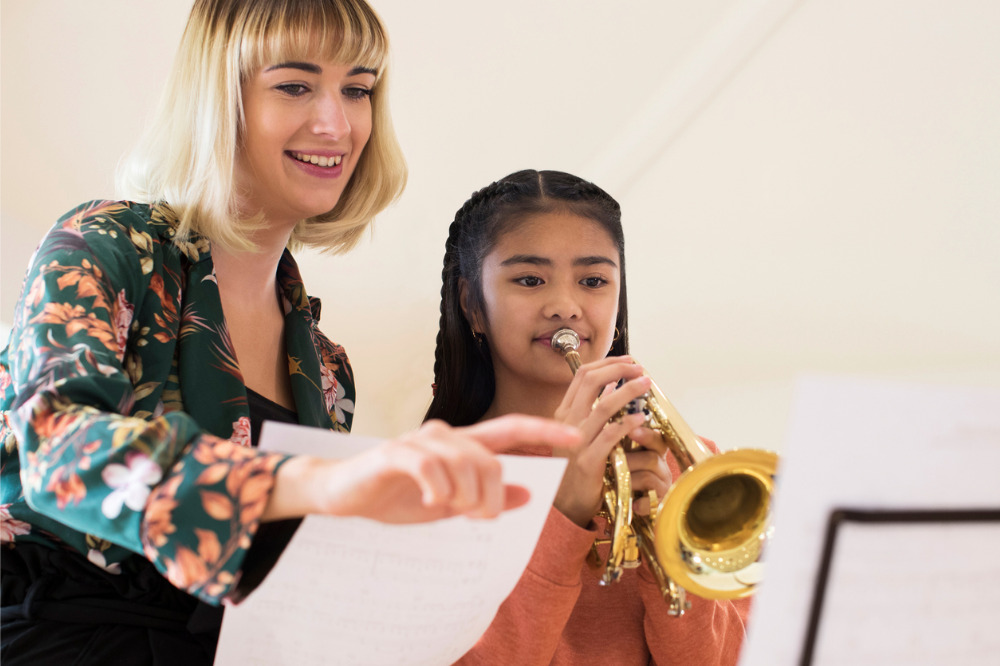
Several studies have shown that singing and playing music are among the most effective ways to boost learning in young people. Children who are constantly exposed to music are found to exhibit longer attention spans, emotional stability, resilience, and cognitive capacity.
Engaging in musical activities have also been found to help students progress in key learning areas such as English, Science, and Mathematics – which have seen a decline in student outcomes in recent years.
“Students who engage in music learning perform better academically, contribute to their communities, form positive relationships, continue their education into university, earn more through their lives and age better, physically and cognitively,” said Dr Anita Collins, award-winning neuro-musical educator and among those who helped developed South Australia’s Music Education Strategy.
She also said that parents play a vital role in exposing their children to music and that they “don’t have to be a professional musician to get involved.”
Dr Collins advised parents who do not know how to play a musical instrument to instead use sounds that are readily available.
“Music is all around us and can be created out of anything,” she said. “Our brains see all sound as music, so your household is a wealth of music-making things.”
“You can encourage exploration by getting your child to cover their eyes while you tap on a pot with different utensils and asking them to guess which one you’ve used.”
She said that highlighting different sounds can help children make the connection between the sound and the source and teach them how sounds can vary.
Dr Collins also stressed the benefits of singing in strengthening the parent-child bond, adding parents do not need to be pitch perfect to sing.
“We’re all born musical,” she said. “If you’re out of practice, you can start by humming to yourself. Singing to your child is important and it’s also an opportunity for a lovely connection.”
Dr Collins also recommended incorporating music in their daily routine.
“If you have a smart speaker or phone or tablet, you can take turns at dinnertime to choose songs or ask it something specific like ‘play me the most popular piece of music ever written’. You can do the same thing in the car, or just regularly change the radio station.”
Lastly, Dr Collins suggested exposing children to range of different types of music to broaden their musical horizons.
“Music is like food for the brain,” she said. “If we only fed our children one type of food, it wouldn’t be very healthy, and in the same way they need a varied diet of music, ranging from pop to complex music like classical symphonies.”


